You’ve probably heard that you need to consume protein daily to stay healthy, but what is protein and why is it so important?
Protein, like carbohydrates and fats, is a macronutrient meaning we need a lot of it in our diets to stay healthy. It plays a key role in how our organs function and does most of the work in our cells.
Remember how you grazed your knee a while back, or that calf muscle you pulled while running for the bus last month? Well, it was protein that helped to heal those injuries through its role in building, maintaining, repairing and replacing tissues in our bodies.
Protein has a big role, but it doesn’t just heal our bodies or build our muscles. Did you know that some of our hormones are proteins? Or how about the fact that our nails and hair are mostly protein? Also, let’s not forget that protein helps to transport oxygen through our bloodstream, that’s right, haemoglobin is a protein.
We also have a new nutrition guide coming out based on all things protein – it includes recipes, exercise plans and science-backed nutritional information, all aimed at getting more protein into your diet. The pictures that you see are recipes from the book!
So now that we’ve given you a brief rundown on what protein does and why it is so important, why not take our quiz and see how much of a pro at protein you are?
Results
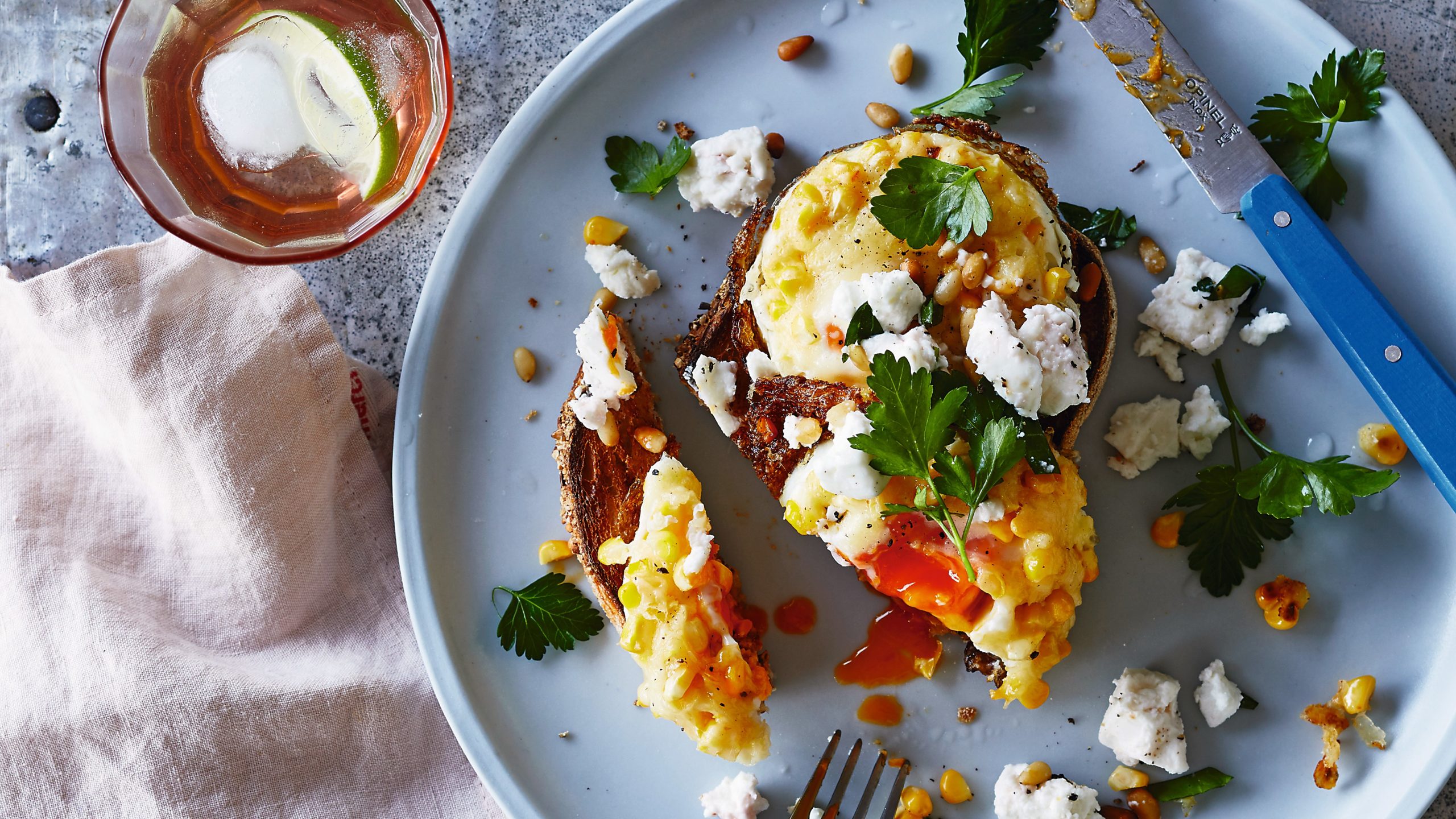
#1. During which meal do Australians eat most of their protein
It’s dinner! We eat on average 35g of protein at dinner, with the least amount at breakfast time.
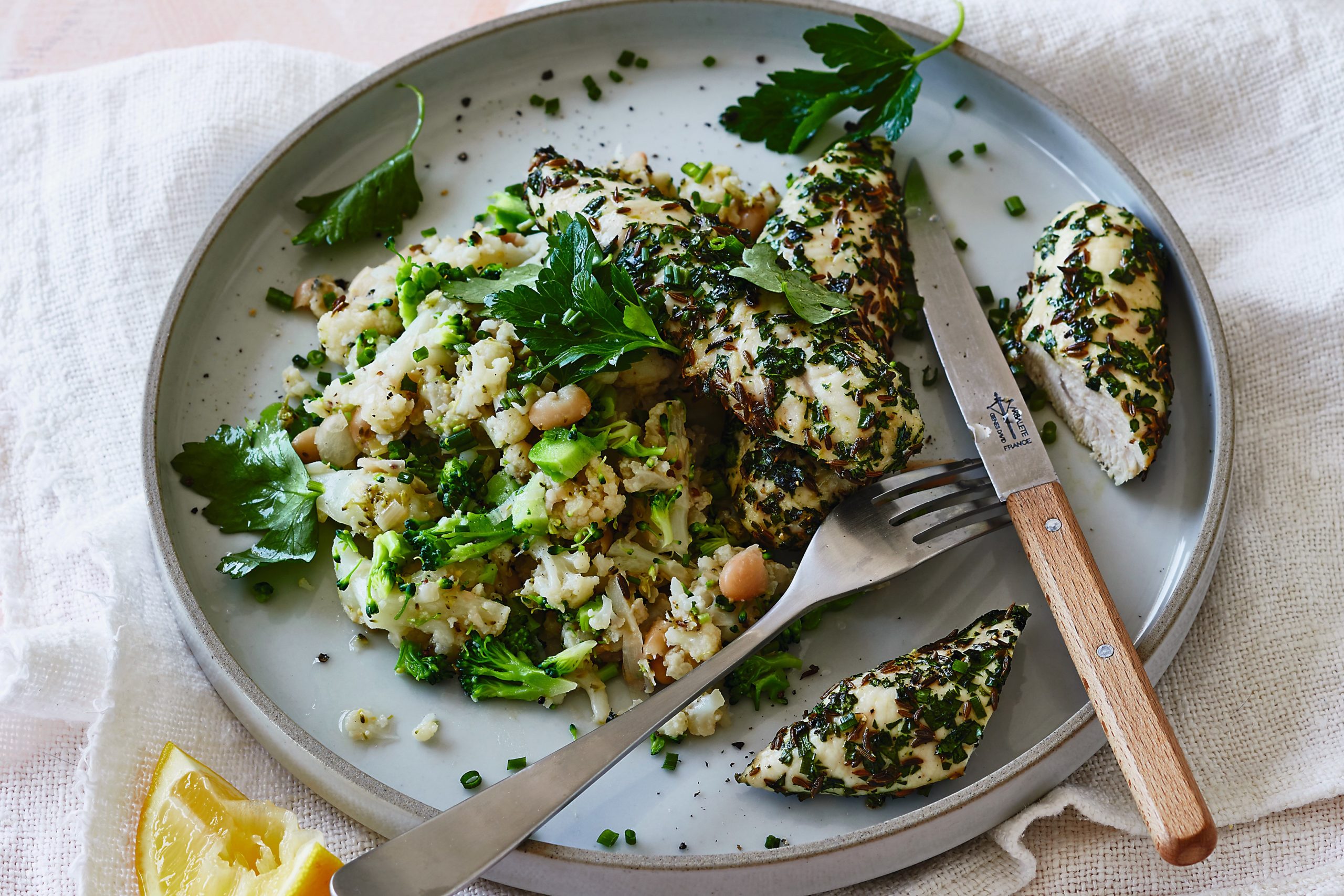
#2. Animal and plant-based proteins provide the body with the same nutrients.
The answer is false. They provide different types and amounts of micronutrients and amino acids and are digested and absorbed differently. Animal proteins provide more iron and zinc and are considered ‘higher quality’ protein, meaning they contain all nine essential amino acids in high amounts, and they are more readily digested, absorbed and used by the body. Plant-based proteins, on the other hand, lack one or more of the essential amino acids and are also less efficiently absorbed by our gut. But they can provide fibre and low GI carbohydrates.
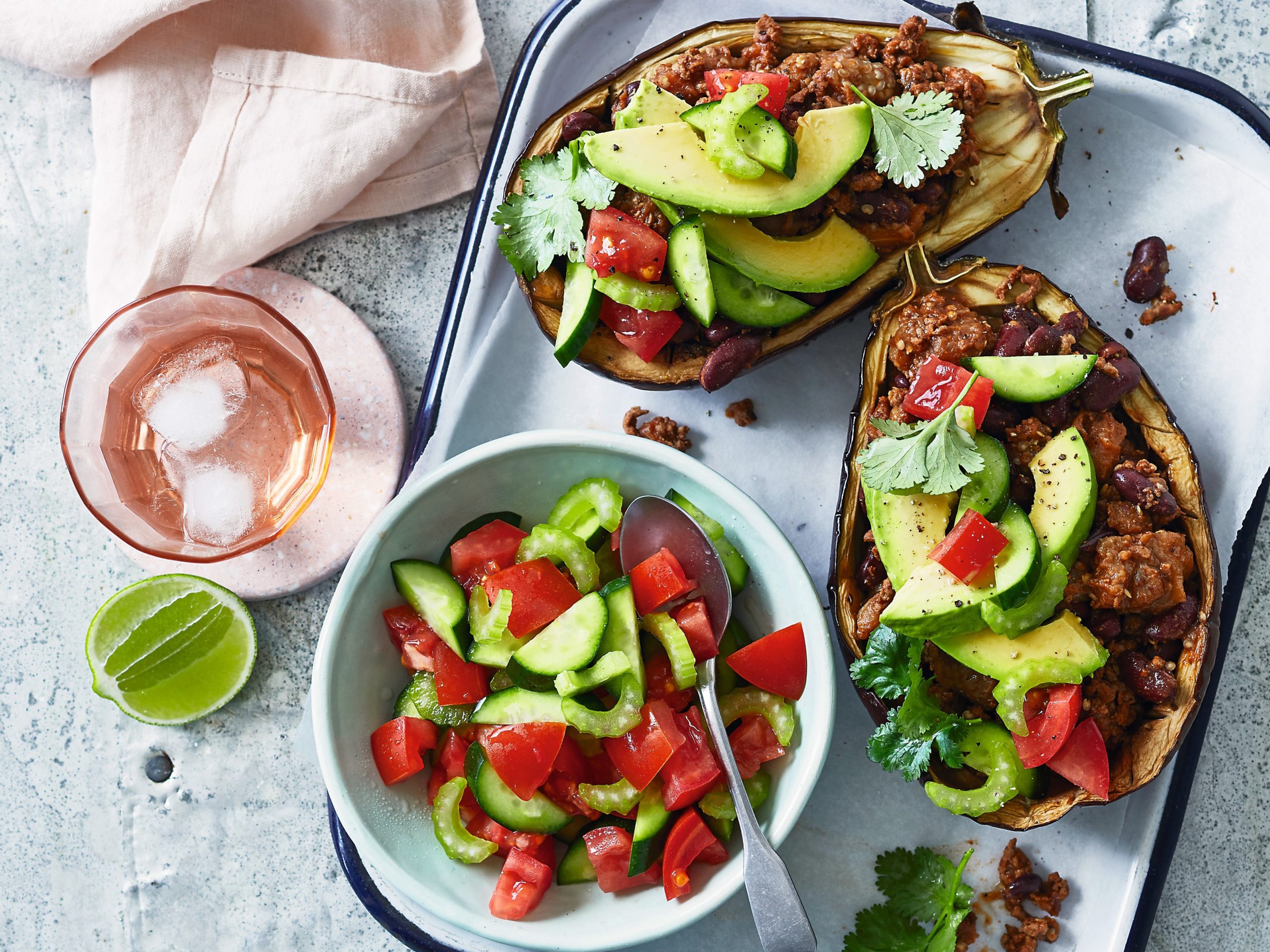
#3. What is the role of proteins in our body?
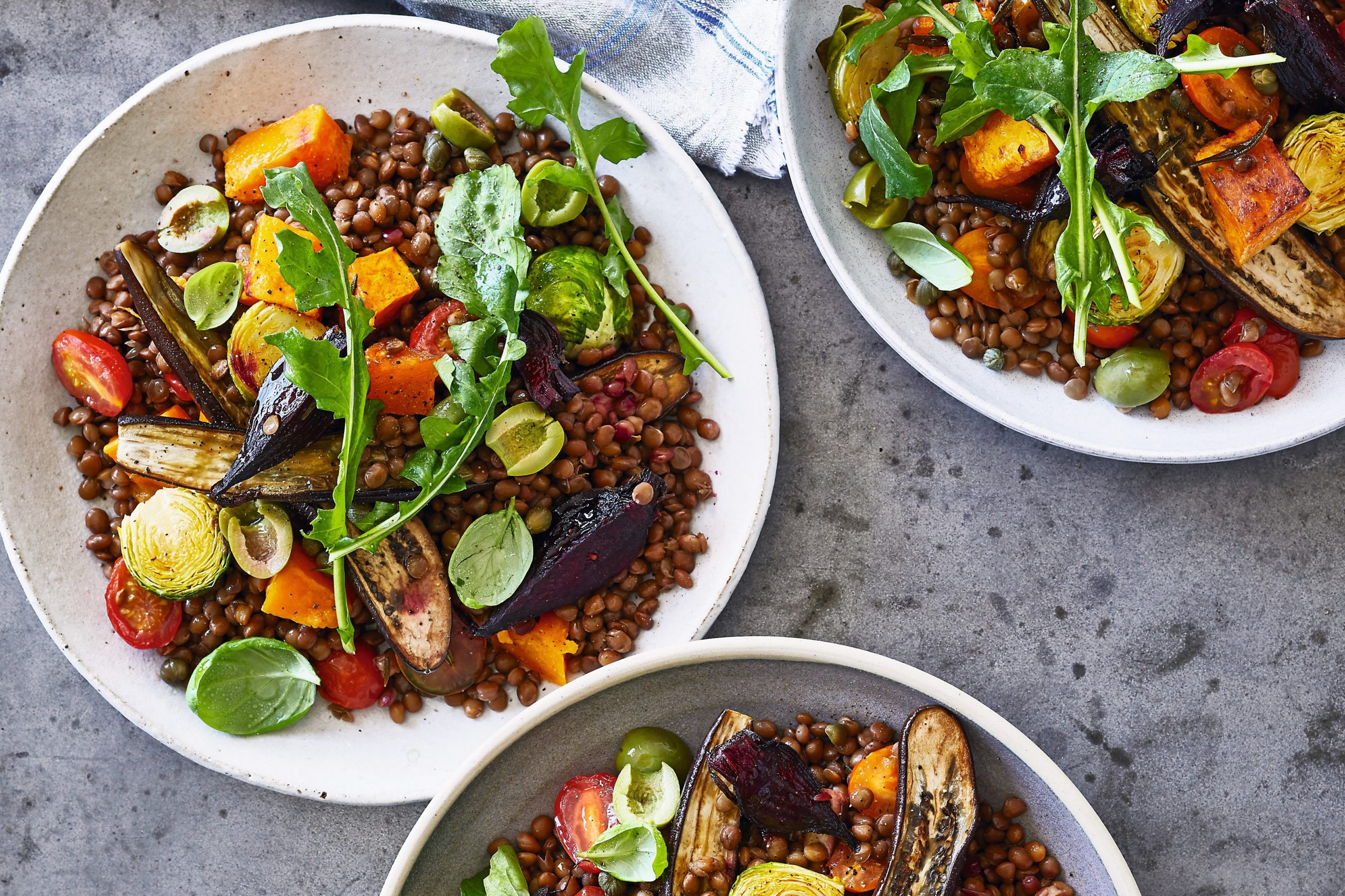
#4. Proteins are made up of long chains of amino acids which twist into 3D shapes. There are 20 amino acids. How many of these amino acids can our body make?
The answer is 11! These 11 are called “non-essential” because our body can make them, so we don’t need to eat them. The other nine are called essential amino acids because it is essential we get them from the food we eat, so that our body has all the ‘ingredients’ it needs to make proteins.
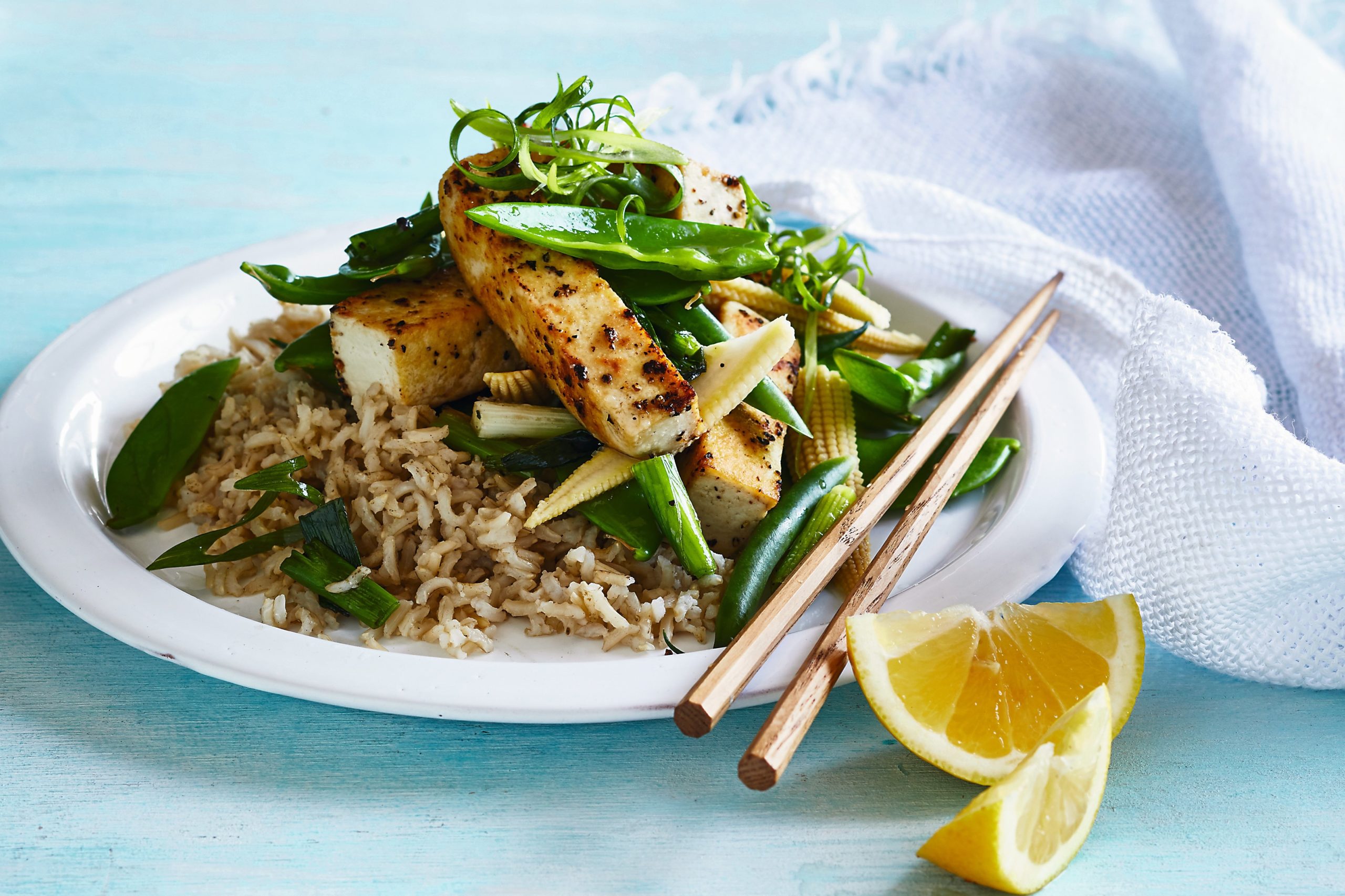
#5. Can our bodies store excess protein?
Unlike carbohydrates and fat the human body does not store excess protein.
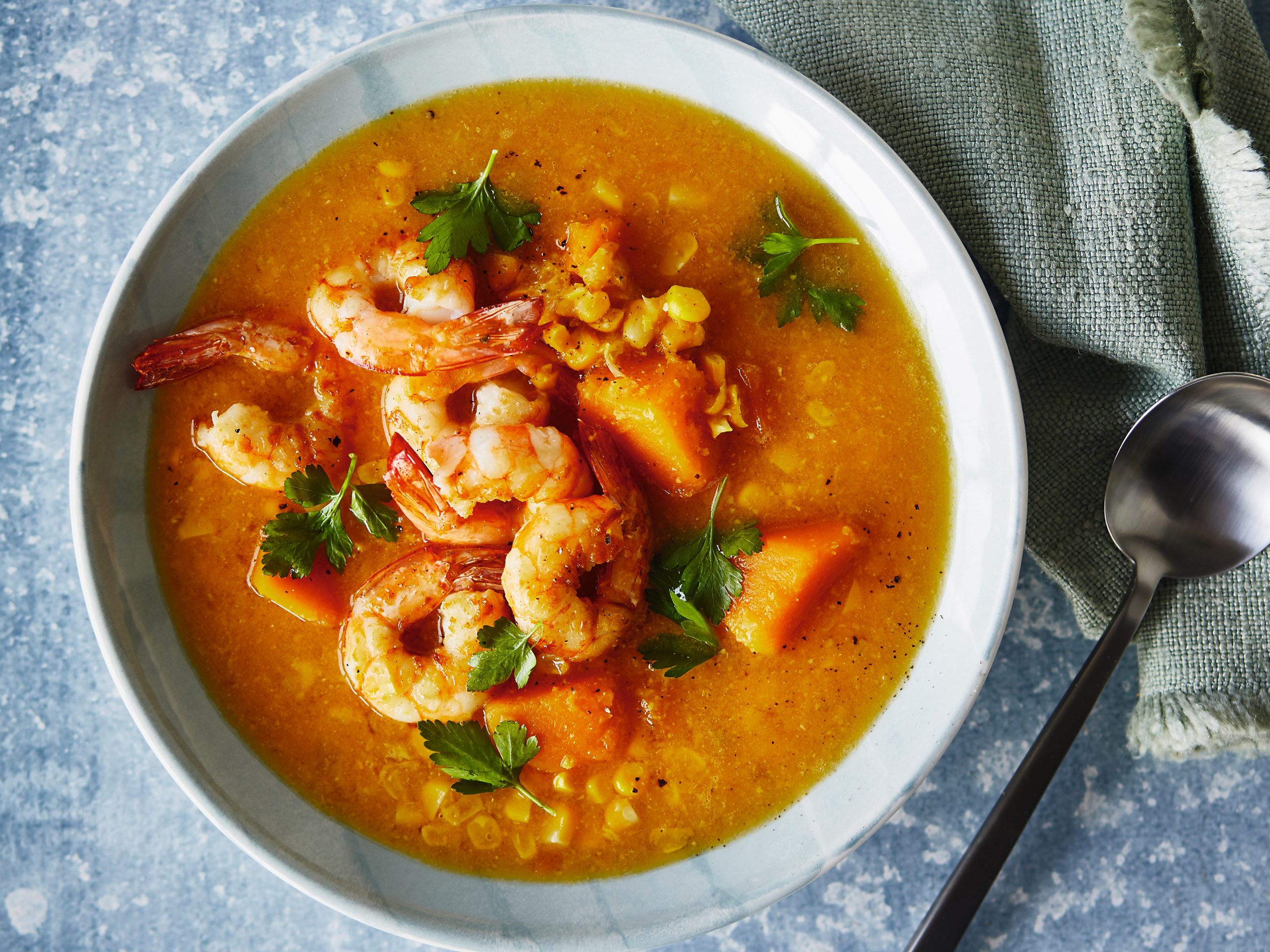
#6. What is a good guide for how much protein to have per meal?
Because our bodies can’t store protein, it’s important for us to spread our protein intake equally across the day.
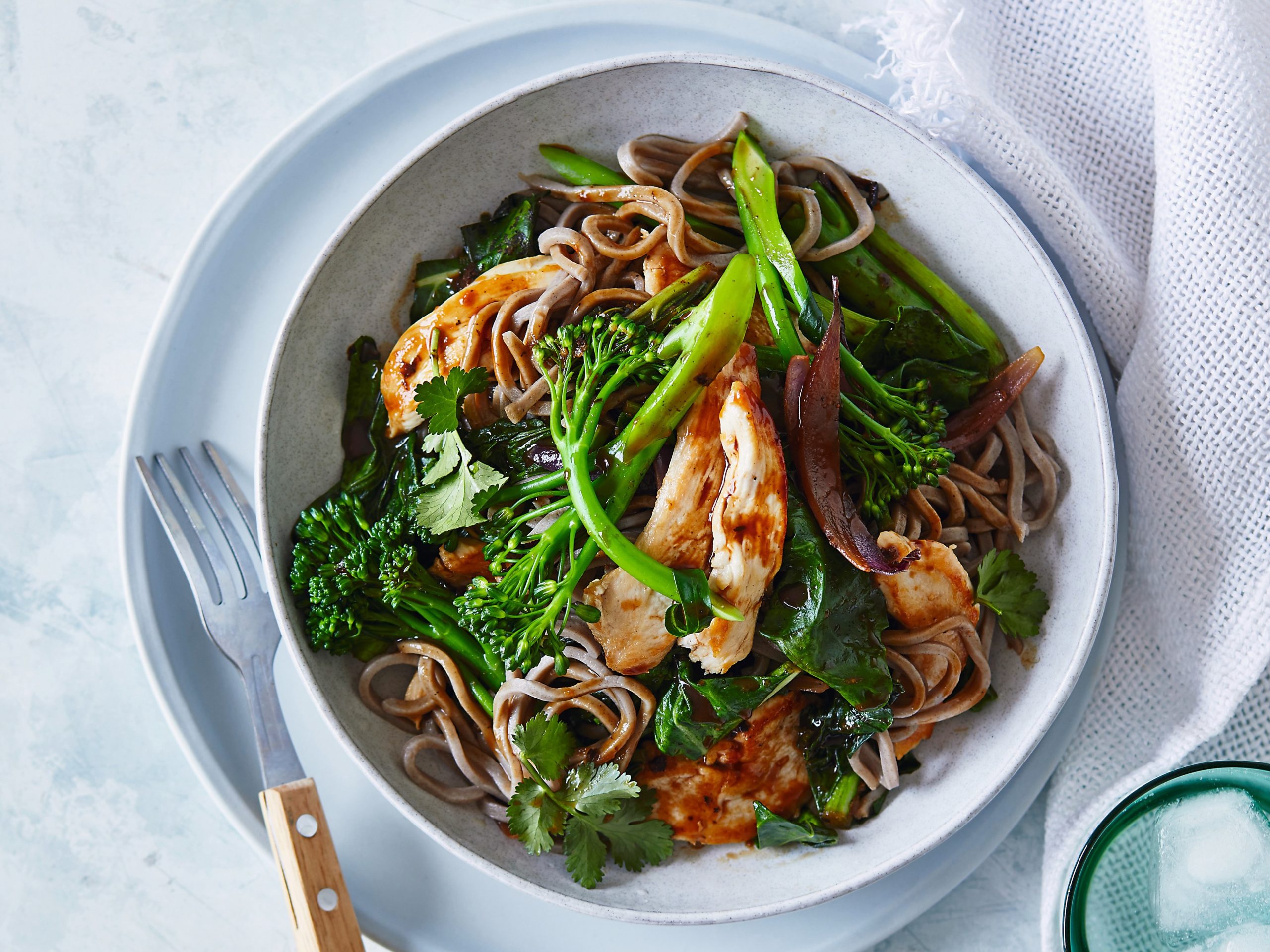
#7. Which has more protein out of these options?
They are both low in protein, containing less than five grams per serve!
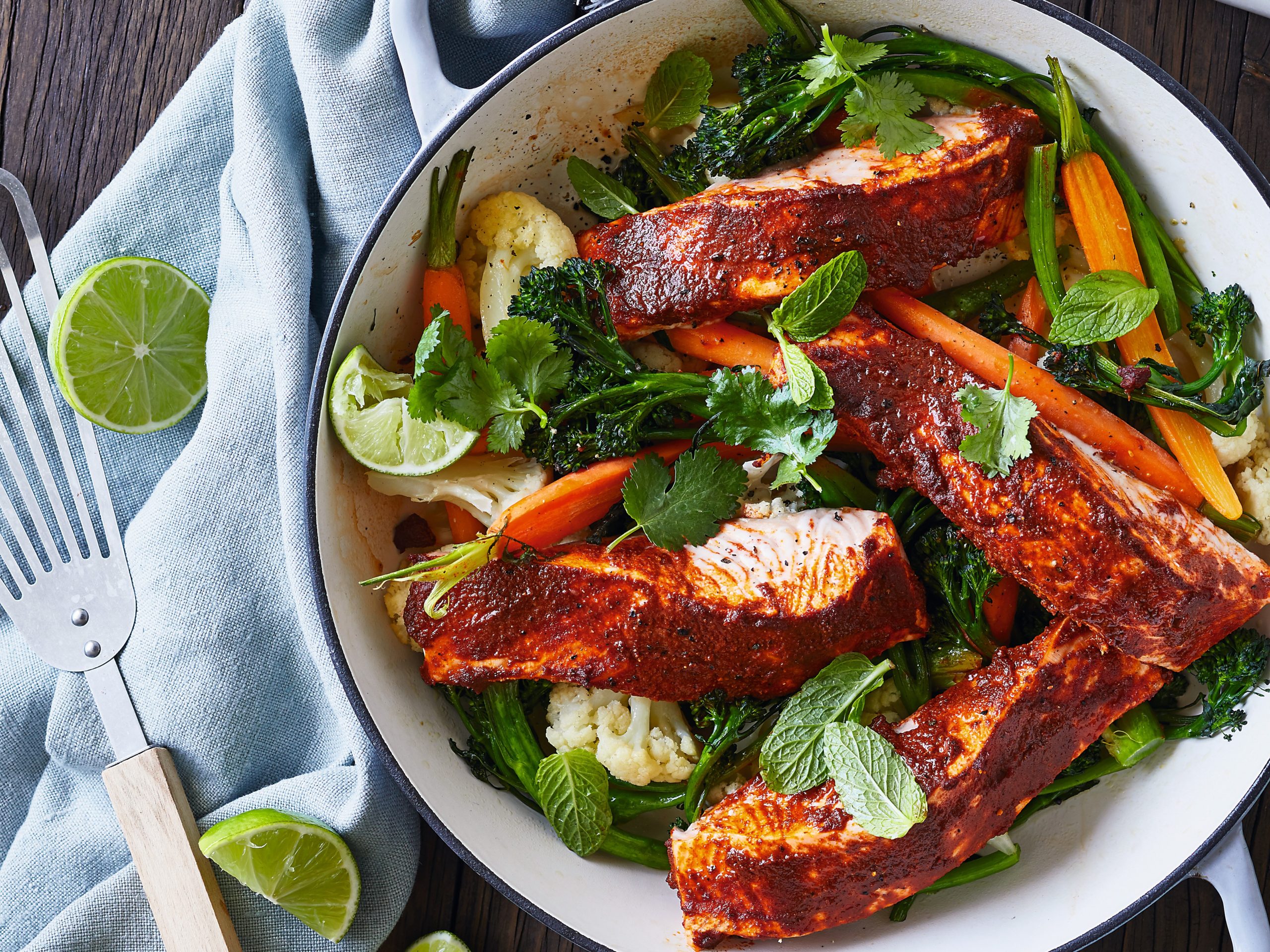
#8. Which has more protein?
It’s 80g of cooked lean minced beef, which comes in at a whopping 26 grams! The egg and haloumi come in next at around 12 grams, followed by the falafel which contains 7g of protein.
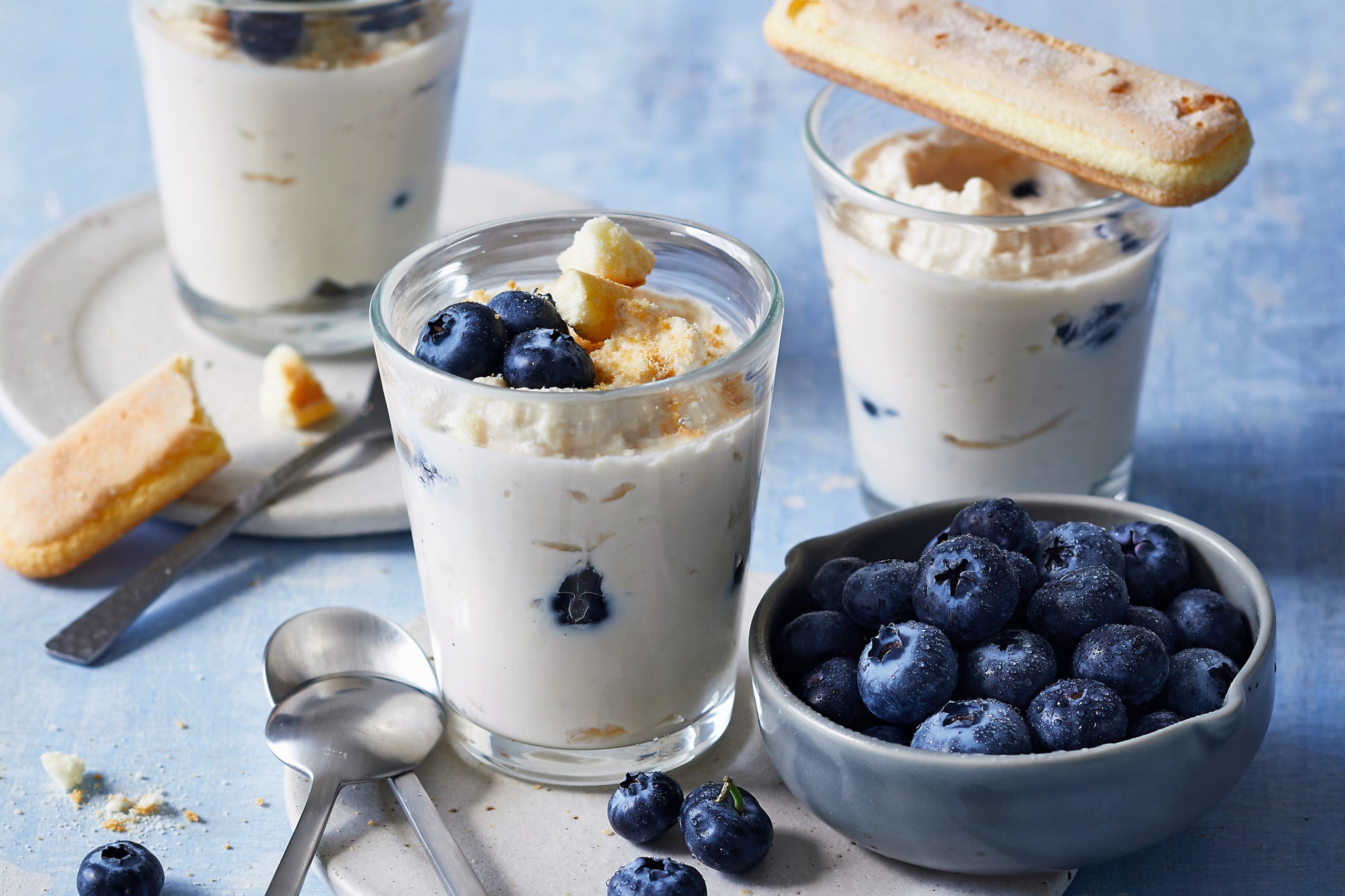
#9. Which has more protein?
It’s nuts or seeds, which has 1.5g of protein to avocado’s <1g! But both are great choices – both are high in vitamin A, E, K, antioxidants and healthy fats.





20th November 2019 at 12:13 pm
Tricky quiz but I enjoyed doing this.
12th April 2019 at 4:01 pm
love your articles
12th April 2019 at 3:58 pm
surprised myself after 79 yrs of living
8th April 2019 at 4:16 pm
Great article, I enjoyed doing the quiz!